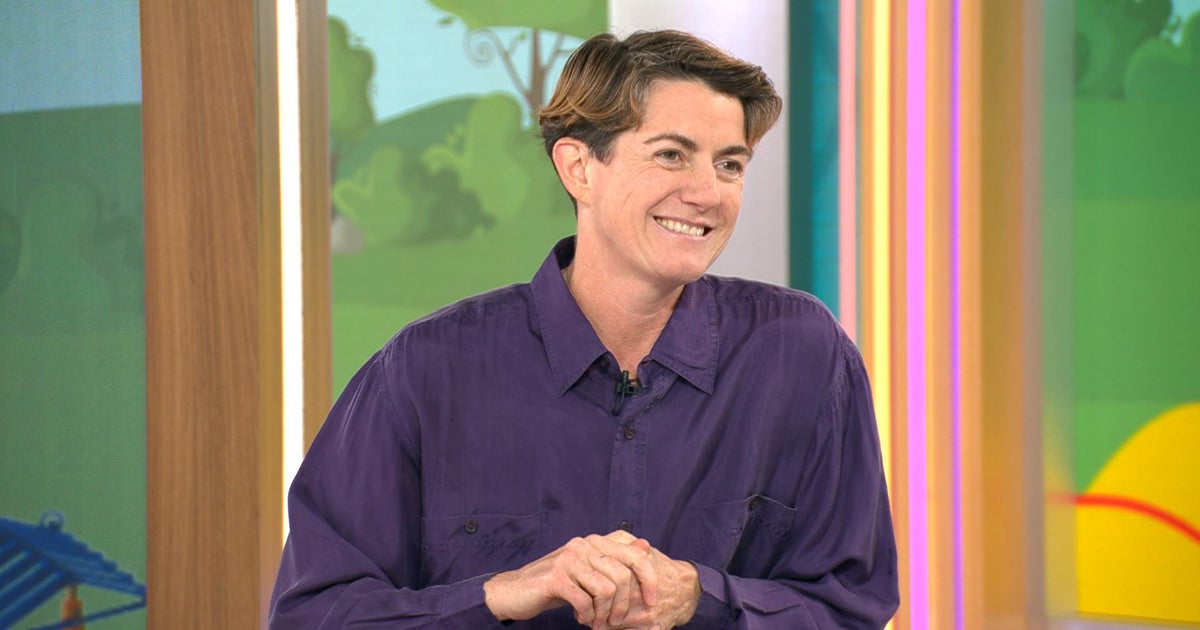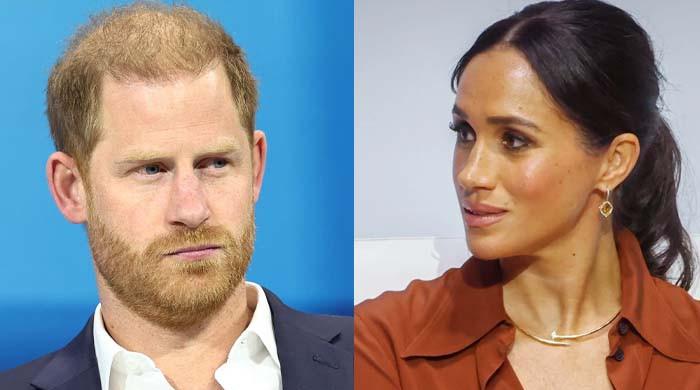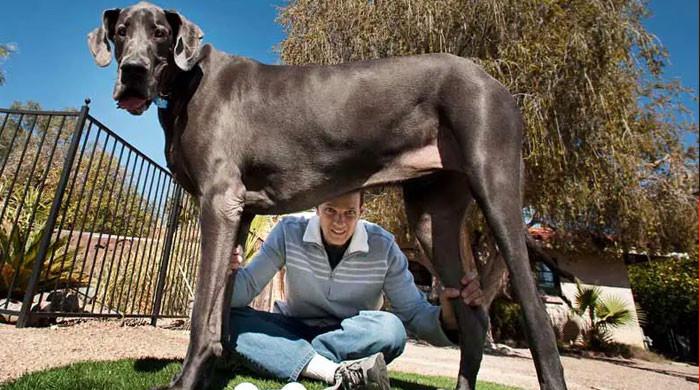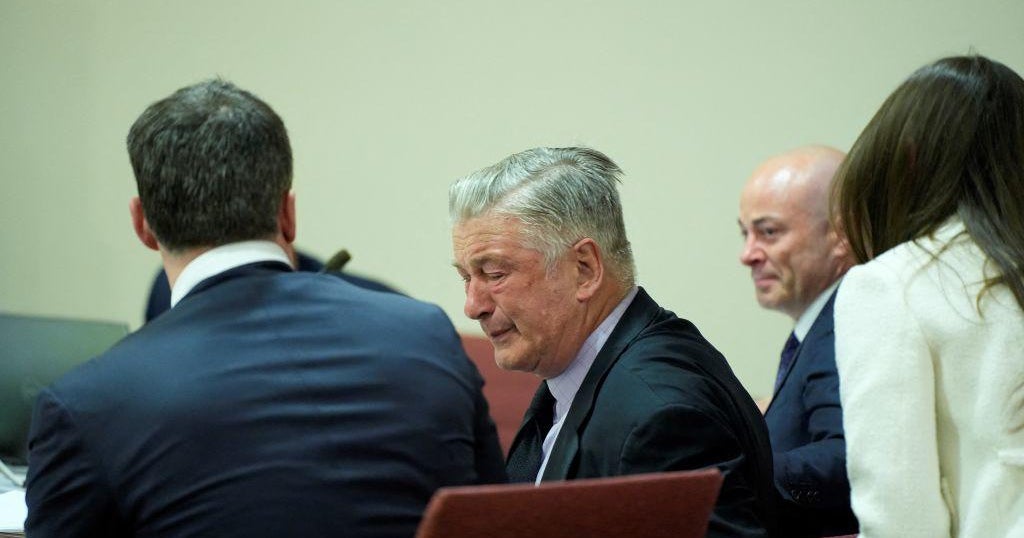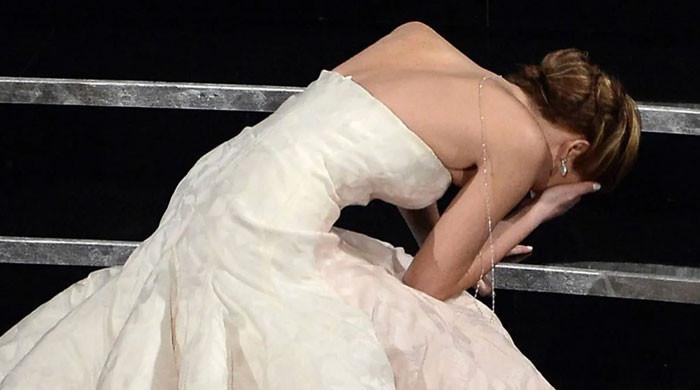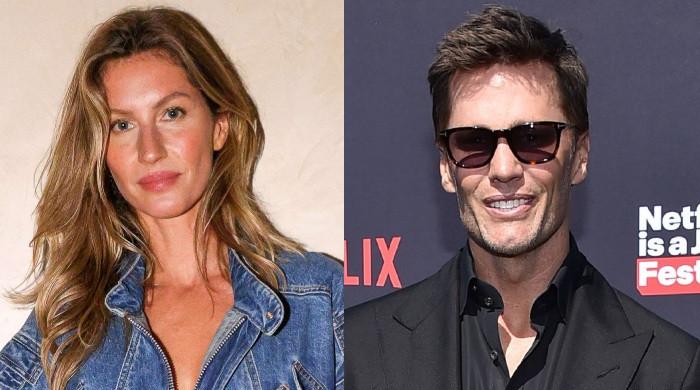The film, a visually stunning behind-the-scenes look at the superstar’s first world tour since 2016 and the latest piece in Beyoncé’s half-a-billion-dollar empire, gives fans an expansive, nearly-three-hour panorama of the singer’s $579 million mega-tour. (To date, it’s the highest-grossing tour by a female artist ever.) Add in some well-timed insight into the inner workings of the Beyhive and the machine that is the “Renaissance” tour, as well as Beyoncé’s role as the auteur behind it all, and the movie hits its marks.
Though “Renaissance” doesn’t venture far beyond conventional concert film tropes — a quick, nostalgia-fueled trip to Beyoncé’s Houston hometown, for example, is at once heartwarming and clichéd — it succeeds as a film that knows its strengths lie in not its form but its content. The “Renaissance” tour, with all its surreal visuals, high-fashion costumes and heart-stopping choreography, is the star of the show. As it should be: Beyoncé is best at doing what Beyoncé does. She and the film’s co-producers understand it’s better to allow the collage of concerts at the movie’s center to speak for themselves than to drown them out with bells and whistles.
Throughout, the film wrestles with how to define a tour and musical era that have been as impactful on Beyoncé’s career as they were for the millions of fans who came to see the tour over its five-month run. The “renaissance,” the film’s many on-camera subjects muse, is a “new beginning,” or a “rebirth,” or a “healing and hopeful thing.”
The thematic pulse of the “Renaissance” tour is, indeed, a lot of things. The 2022 album at its core, for one, is a sonic tribute to the house and dance music pioneered by Black artists in the 1970s and beyond. The tour’s choreography, furthermore, calls to the rich, decades-long history of ballroom culture, the underground pageantry scene driven by queer Black and Latino communities and known for pioneering dance moves like voguing. The ballroom scene is also, the film informs us, where a subset of Beyoncé’s tour dancers, collectively known as the Dolls, have their roots.
“My hope was the music from the ‘Renaissance’ would lead to some of these beautiful legends getting the flowers they deserve,” Beyoncé says in the film — just before it cuts away to conversations with such dancers as Honey Balenciaga, Carlos Irizarry and Amari Marshall, a few of the many artists spotlighted. It’s a move that contributes to an overwhelming sense of community, the feeling that Beyoncé and her team are one big, happy family. Or, as Beyoncé herself puts it: “There’s so many bees in this hive.”
The tour and its visuals take all these influences from Black and queer culture and incorporate them under an Afrofuturist aesthetic filled with robots, space exploration, high-fashion bodysuits and “all chrome” everything. In the vein of other Afrofuturist works like Janelle Monáe’s “Dirty Computer” or even “Black Panther,” “Renaissance,” the film declares, is the “powerful ability to imagine a different Earth.” In imagining this alternative reality, the tour skillfully holds feminism, queer culture and Black communities in the spotlight, giving the sense that the “Renaissance” is a safe and radically inclusive space for all.
It’s here that the concert film truly shines. Joyous scenes of concert attendees dancing, crying and screaming along to songs while decked out in their silvery best give viewers the sense they’re public witnesses to a cultural artifact in the making. “The audience is such an important part of the show,” Beyoncé says early on in the movie. “It’s more than a state of mind, it’s a culture.” Indeed, intimate shots of fans reveling in the joy of “Renaissance,” more so than Beyoncé’s confessions about her personal life and the struggles of ultra-fame, form the emotive backbone of the film.
“Renaissance,” as a film, isn’t concerned so much with helping audiences discover for themselves who Beyoncé really is as it is about proving what we already know (or think we know) about her. Beyoncé, the movie argues through a series of vignettes, is an indefatigable worker, a dedicated wife and mother, a community builder, and an unapologetically driven artist. Audiences are given quick proof for each of these identities through interviews, archival footage and black-and-white montages, and the film chugs merrily along.
But while there are no salacious details or plot-moving drama about what makes Queen Bey tick — and there shouldn’t be — “Renaissance” reveals something else, showcasing the joy to be found in cultural touchstones like the tour and the community built around it. At an early screening of the film, the theater was packed with fans wearing silver sequined pants, Beyoncé-branded fans and their best makeup. The point of a concert film, their presence argued, is, first and foremost, to make the concert experience accessible to more people. “Renaissance” knows that, and succeeds for that reason.
Unrated. At area theaters. Contains some suggestive dancing and song lyrics with strong language. 168 minutes.


